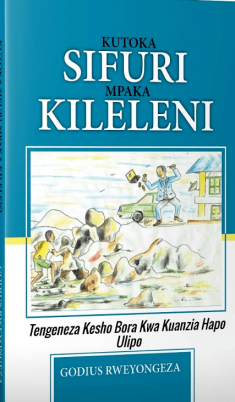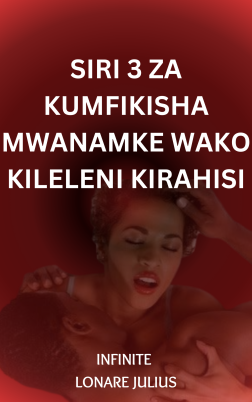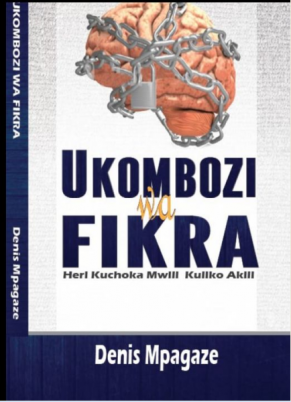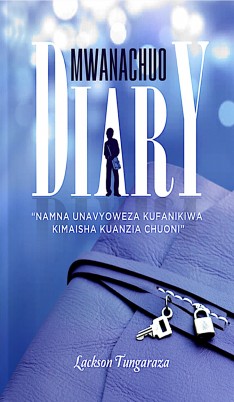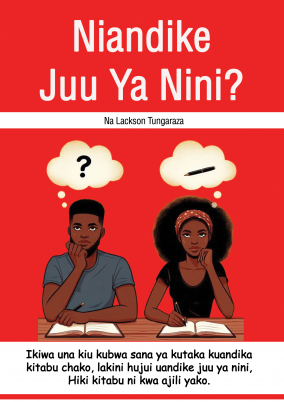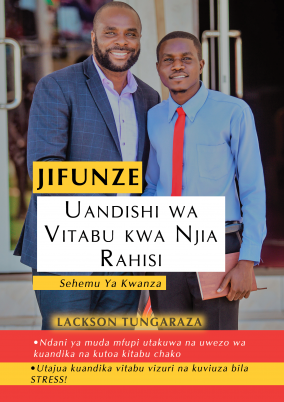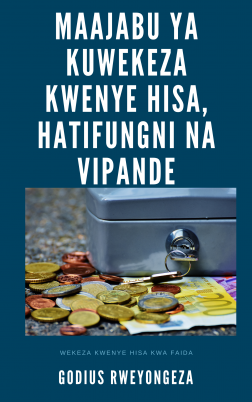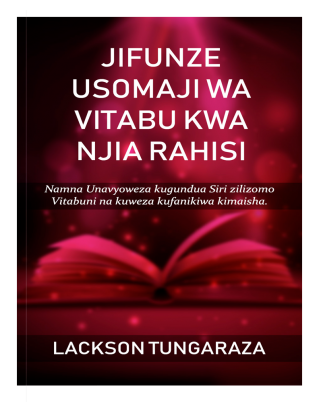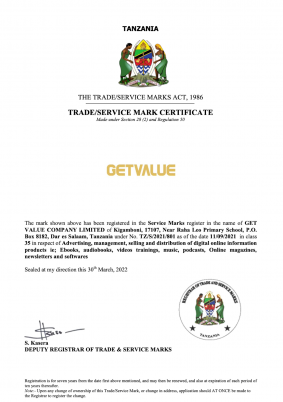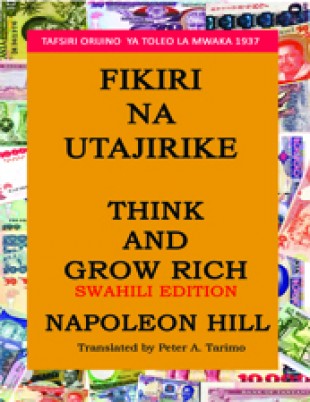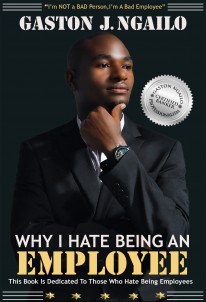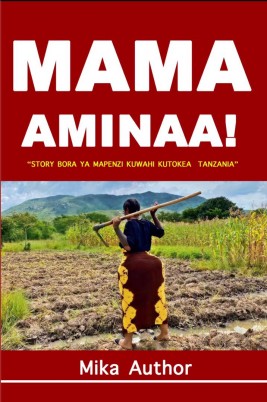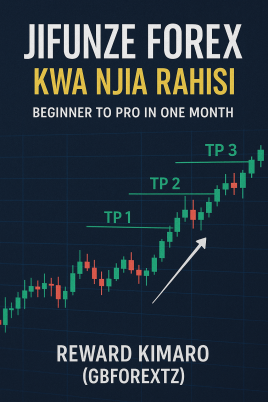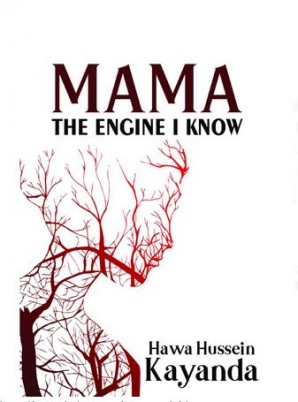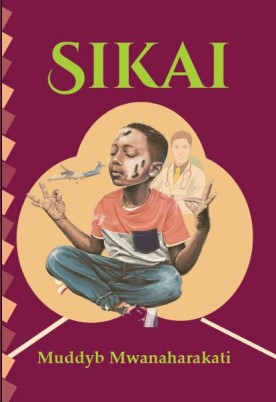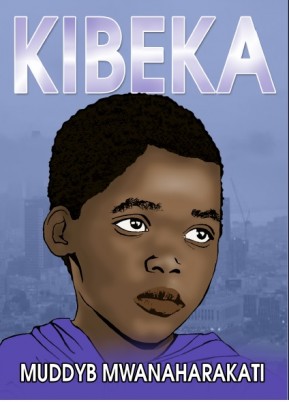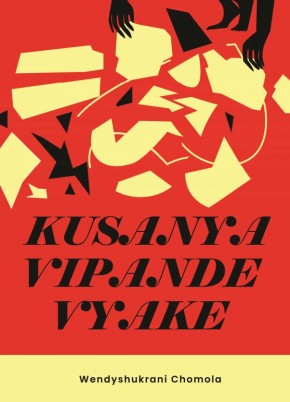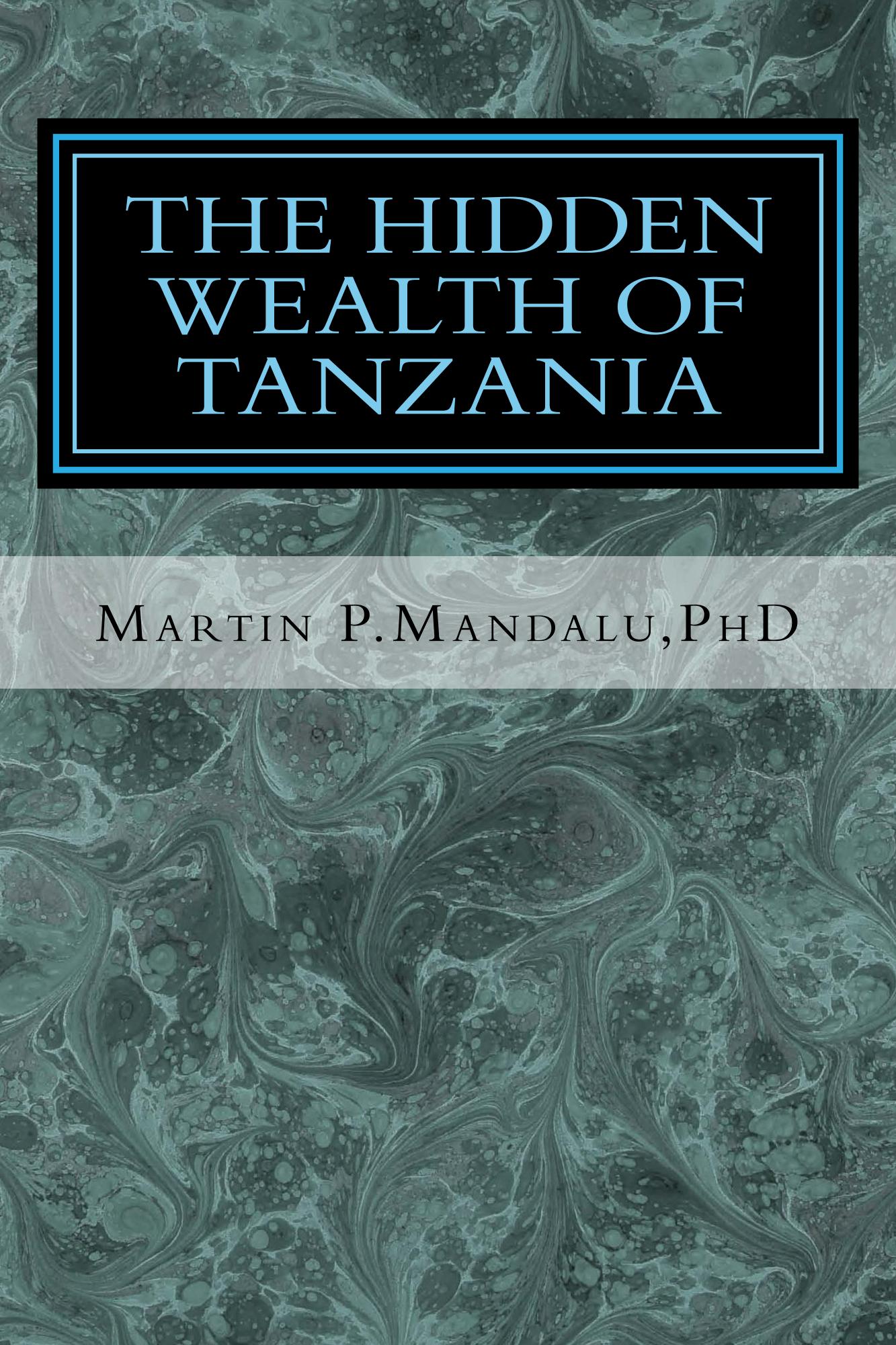
The Hidden Wealth Of Tanzania
In the book Dr. Mandalu takes us back to a recent past of Tanzania, then Tanganyika, to demonstrate the strength and patriotism of the dwellers of this land. Through Ntemi Mirambo and Mtwa Mkwawa, he exhibits the courage, intelligence, cooperation and other qualities of the Tanzanian people. He demonstrates as well how those attributes were destroyed during colonialism before being restored through independence and self-determination.rnrnIn the economic history of an independent Tanzania, the author takes us through the whole economic trajectory taken by Tanzania since independence; right through the relatively short period of Market economy, Ujamaa period, which marked the economy and its people significantly, and up until the neo-liberal age that appears to be influencing the country’s thinking today.rnrnThe economic epochs experimented in the country were well accompanied by economic development theories that were employed directly or indirectly by the state. Systematically, the author illustrates the success and limitations of modernization, dependency and neoliberal thinking. Modernization defined the brief market economy immediately after independence, whereas the dependency period informed the Ujamaa ideology and neo-liberalism informs the capitalist thinking.rnrnThe book reminds us that when the Ujamaa practices did not match with the plans, interior and exterior forces obliged the state go into neoliberalism which at that time was perceived to be the saviour of the economy. However, neo-liberalism- the messiah, failed to save the day. Thus the search for the remedy continues as the state cannot and should not exist without identity.rnrnIn transition for the right remedy to address peoples’ development, the author reveals that Tanzania is neither socialist nor capitalist. The fact that the country lacks a defined ideology makes it difficult to be predictable and thus, to some extent, hinders the private sector from flourishing and thus limiting human development.rnrnIn the search for an ideology, Dr. Martin Mandalu presents a number of models from which Tanzania can gain experience and learn. The author demonstrates to readers that developmental state is the right model for Tanzania to tailor its own. Moreover, he proposes pragmatic action for a successful developmental state in case the state subscribes to the former.rnrnFinally the book concludes with a call for a total transformation of people’s thinking for development. The author argues that the true wealth of this nation is hidden and buried deep in each individual’s brain and thoughts. It is hidden in their ability to think correctly and transform their ideas into pragmatic innovations to improve life.
In thernbook Dr. Mandalu takes us back to a recent past of Tanzania, then Tanganyika,rnto demonstrate the strength and patriotism of the dwellers of this land.rnThrough Ntemi Mirambo and Mtwa Mkwawa, he exhibits the courage, intelligence,rncooperation and other qualities of the Tanzanian people. He demonstrates asrnwell how those attributes were destroyed during colonialism before beingrnrestored through independence and self-determination.
rnrn
In therneconomic history of an independent Tanzania, the author takes us through thernwhole economic trajectory taken by Tanzania since independence; right throughrnthe relatively short period of Market economy, Ujamaa period, which marked therneconomy and its people significantly, and up until the neo-liberal age thatrnappears to be influencing the country’s thinking today.
rnrn
Therneconomic epochs experimented in the country were well accompanied by economicrndevelopment theories that were employed directly or indirectly by the state.rnSystematically, the author illustrates the success and limitations ofrnmodernization, dependency and neoliberal thinking. Modernization defined thernbrief market economy immediately after independence, whereas the dependencyrnperiod informed the Ujamaa ideology and neo-liberalism informs the capitalistrnthinking.
rnrn
The bookrnreminds us that when the Ujamaa practices did not match with the plans,rninterior and exterior forces obliged the state go into neoliberalism which atrnthat time was perceived to be the saviour of the economy. However,rnneo-liberalism- the messiah, failed to save the day. Thus the search for thernremedy continues as the state cannot and should not exist without identity.
rnrn
Inrntransition for the right remedy to address peoples’ development, the authorrnreveals that Tanzania is neither socialist nor capitalist. The fact that therncountry lacks a defined ideology makes it difficult to be predictable and thus,rnto some extent, hinders the private sector from flourishing and thus limitingrnhuman development.
rnrn
In thernsearch for an ideology, Dr. Martin Mandalu presents a number of models fromrnwhich Tanzania can gain experience and learn. The author demonstrates tornreaders that developmental state is the right model for Tanzania to tailor itsrnown. Moreover, he proposes pragmatic action for a successful developmentalrnstate in case the state subscribes to the former.
rnrn
Finallyrnthe book concludes with a call for a total transformation of people’s thinkingrnfor development. The author argues that the true wealth of this nation isrnhidden and buried deep in each individual’s brain and thoughts. It is hidden inrntheir ability to think correctly and transform their ideas into pragmaticrninnovations to improve life.
Sold by: Lackson Tungaraza
Sold by: Lackson Tungaraza
Sold by: Lackson Tungaraza
Sold by: Godius Rweyongeza


